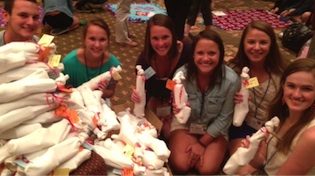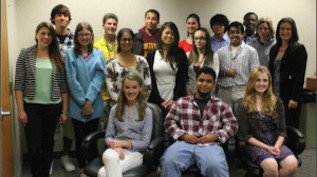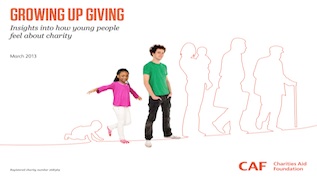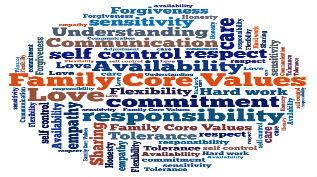How should we choose trustees when there is a vacancy?
Posted on December 11, 2013 by Michael Rion

Apart from some minimal requirements of state law (e.g., mental competency), there are no legal mandates about the process of choosing trustees. In some cases, especially in small foundations with very few family members, succession may be directed in the by-laws and/or by custom so that, for example, direct descendants are “in line” as the successor trustees. When trustees have… Read More







